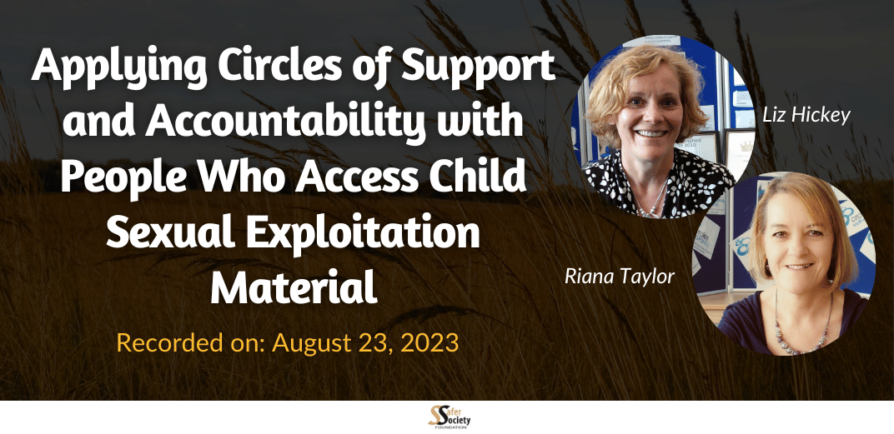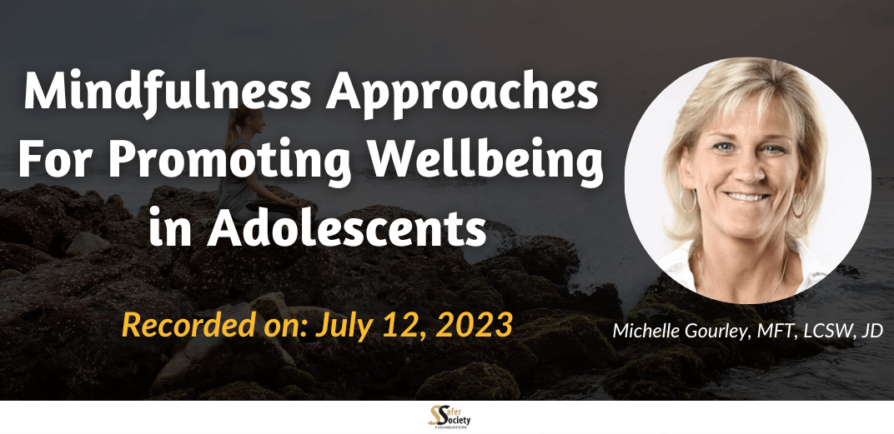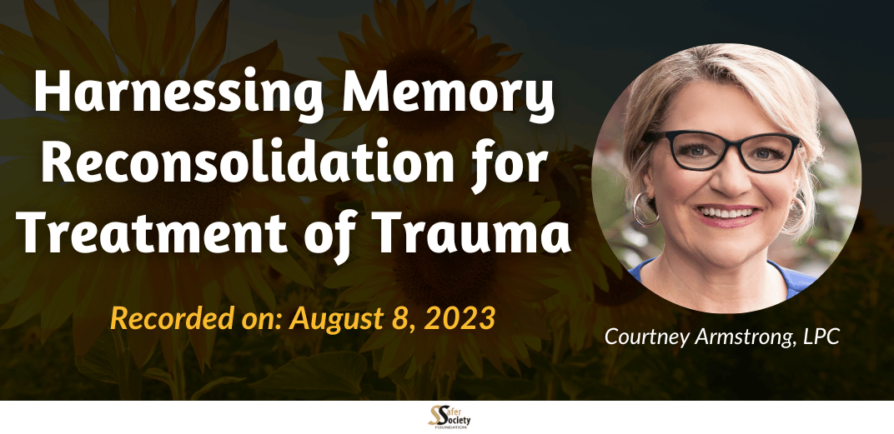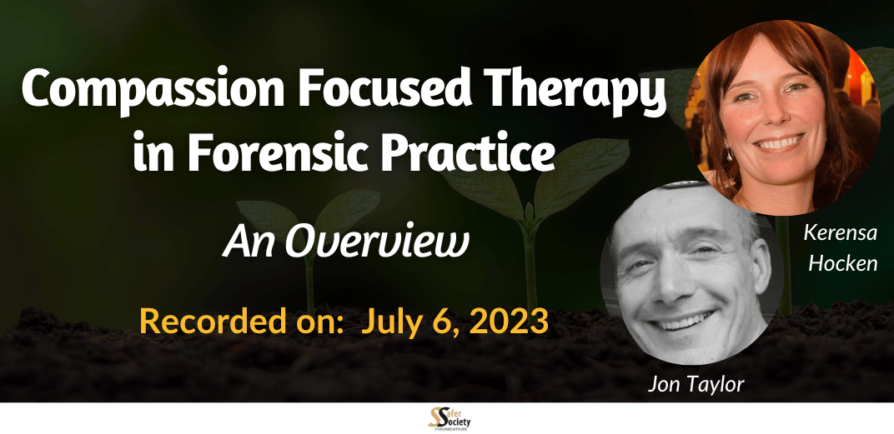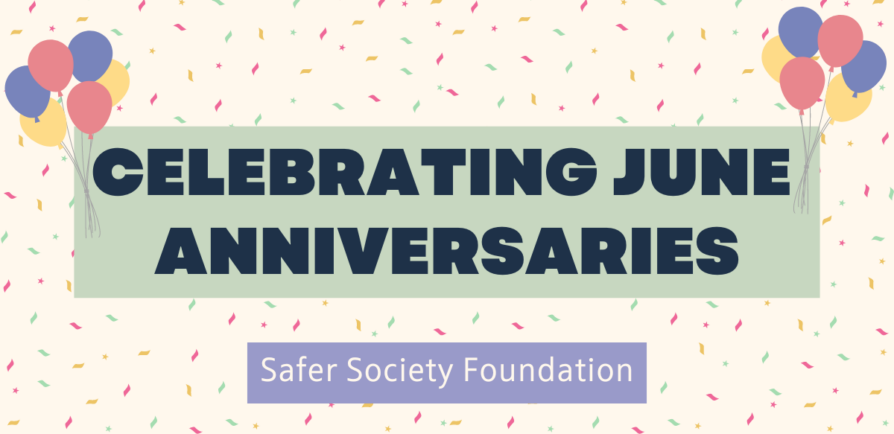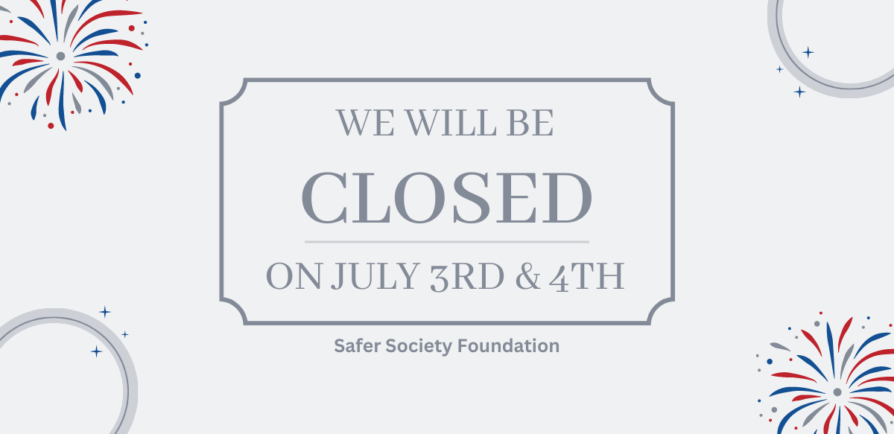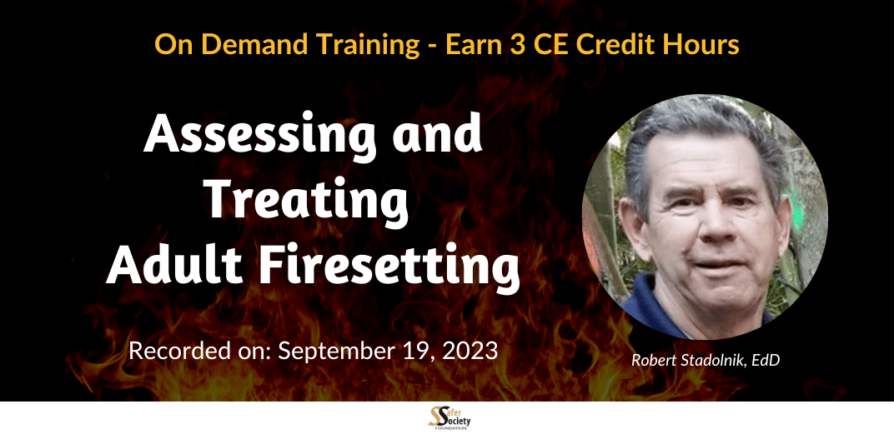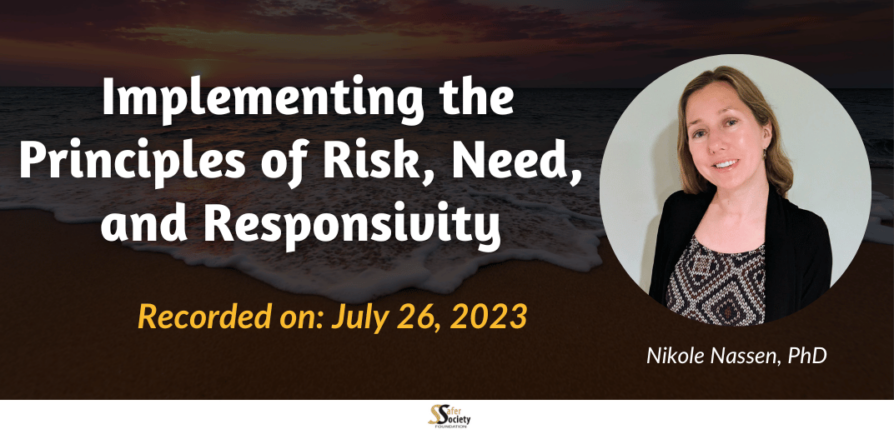View five-minute sneak peaks of our popular webinars on our YouTube channel. Topics include adolescent attachment, preventing child abuse, the Good Lives Model, using Being …
Applying Circles of Support and Accountability with People Who Access Child Sexual Exploitation Material
Circles of Support & Accountability (CoSA) is a restorative justice-informed initiative intended to assist in the post-release community integration of persons with sexual offense histories after periods of incarceration or other detention. It uses community volunteers trained and supported by locally employed professionals and experts. Since its inception, CoSA has been consistently shown to significantly reduce harm while increasing the likelihood of successful integration of participants into the community. In September 2020, Circles UK launched an innovative new program, Circles ReBoot, which helps individuals who have accessed Child Sexual Exploitation Material, who are typically at high risk to persist in offending and who have high levels of treatment need.
Mindfulness Approaches For Promoting Wellbeing in Adolescents
This webinar presents ideas for integrating mindfulness and other brain-based approaches into the treatment of adolescents with histories of harmful behaviors. The ideas incorporate the rigor of science, the beauty of art, the wisdom of reflection, and years of clinical experience in this field. The presenter, Michelle Gourley, first became formally experienced with Mindfulness-Based Stress Reduction (MBSR) in the wake of significant personal life events. This led her to explore how this approach, and others like it, can be used with the clients in her care.
We Have the Same Goals: Connecting Victim Service Advocates and Treatment Providers
Victim service advocates and treatment providers have the same goal–communities without sexual violence–but tend to operate in isolation from one another. This webinar starts out with acknowledging that public perceptions, attitudes, and beliefs too often prevent those who assess and treat people who have sexually abused from connecting with victim services. This divide can create a narrative about the work we do and what others think of it.
Harnessing Memory Reconsolidation for Treatment of Trauma
Can traumatic memories and patterns be changed so they no longer haunt a person emotionally? Neuroscience research suggests they can by harnessing the mechanism of memory reconsolidation, the brain’s own process of updating an emotional memory with new meanings and associations. In this webinar, Courtney Armstrong will discuss this exciting discovery and share a simple five-step protocol you can use in treatment to safely reconsolidate traumatic memories and create corrective emotional experiences that change the brain.
Compassion Focused Therapy in Forensic Practice: An Overview
Originally pioneered by Paul Gilbert in the UK, compassion focused therapy (CFT) is an integrated, multi-modal approach to treatment that draws from evolutionary, social, developmental, and Buddhist psychology as well as neuroscience. In this webinar, Drs. Hocken and Taylor will discuss CFT and how it can be helpful in working with clients in the criminal justice system.
Celebrating June Anniversaries
June seems to be a favorite month at Safer Society for hiring our staff, as we celebrated anniversaries for three of our colleagues. Sarah Snow …
Independence Day
Safer Society Foundation will be closed on Monday, July 3, and Tuesday, July 4, marking the Independence Day holiday in the United States. It was …
Assessing and Treating Adult Firesetting
This training introduces mental health professionals to recent advances in understanding firesetting behaviors in adults that have led to evidence-informed models for assessment and treatment.
Every year in the U.S., U.K., New Zealand, and Australia, thousands of irresponsible, reckless, and dangerous fires set by adults result in thousands of deaths and injuries, billions of dollars in property loss, and traumatic experiences for individuals and communities. Recent studies suggest that upwards of 20% of adults admitted to psychiatric hospitals have histories of firesetting, or arrests for arson, in their medical record.
Implementing the Principles of Risk, Need, and Responsivity
Anyone who has tried to improve an existing treatment program knows how difficult it can be. This webinar interview shows how one prominent agency implemented the principles of risk, need, and responsivity. It provides ideas for how agencies can best implement these principles and other new methods and models. In this webinar, Nikole Hassen, Clinical Psychologist and Director at the Naval Consolidated Brig Miramar, will discuss the challenges faced when modernizing their treatment program, and the benefits of having done so.

